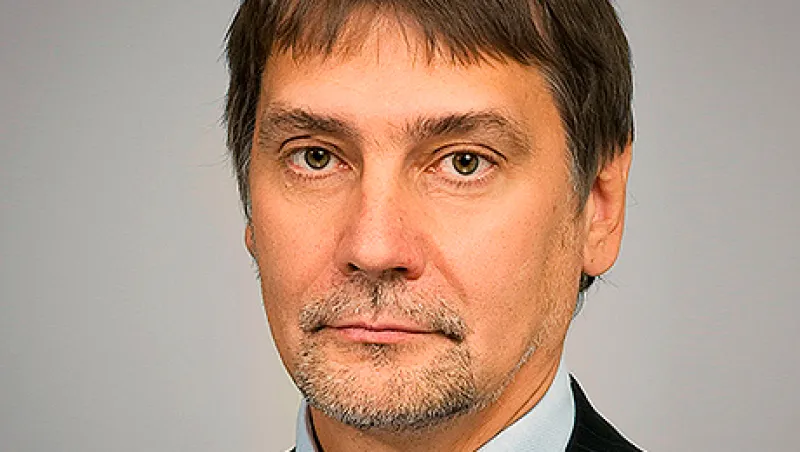
Top Economist Says Sanctions Have Helped Russia’s Economy
Penalties helped prepare the nation for plunging oil prices, Sberbank’s Evgeny Gavrilenkov insists.
Tom Johnson
June 3, 2015


